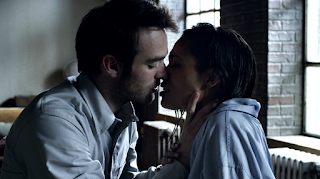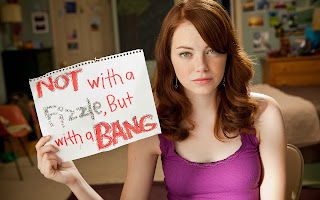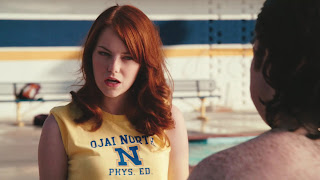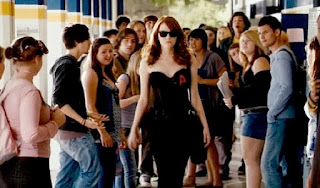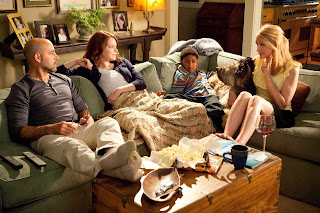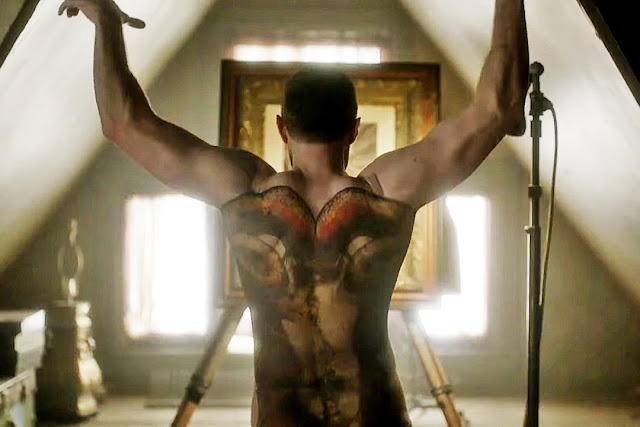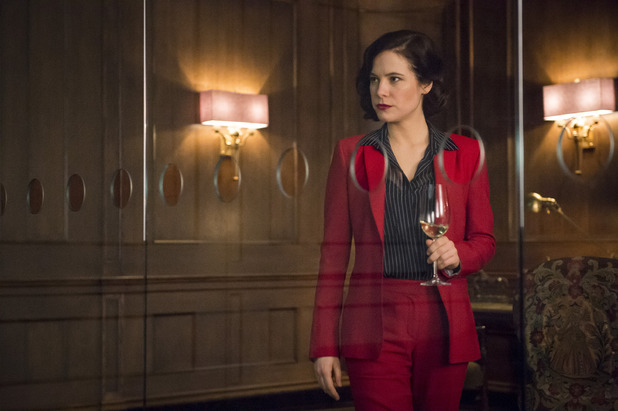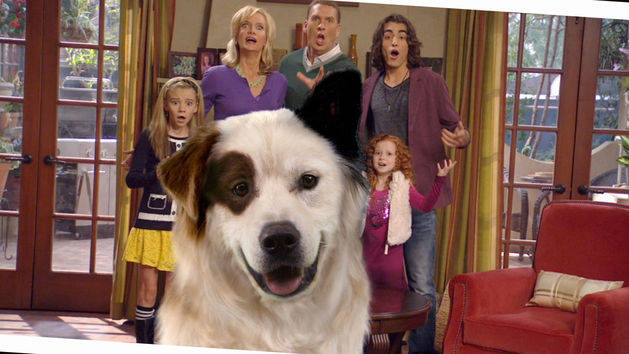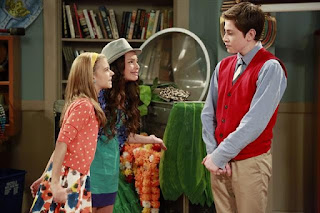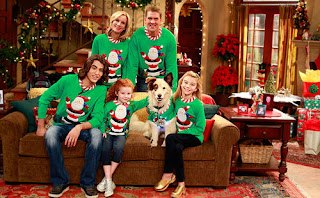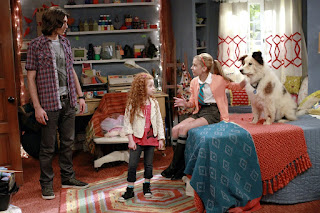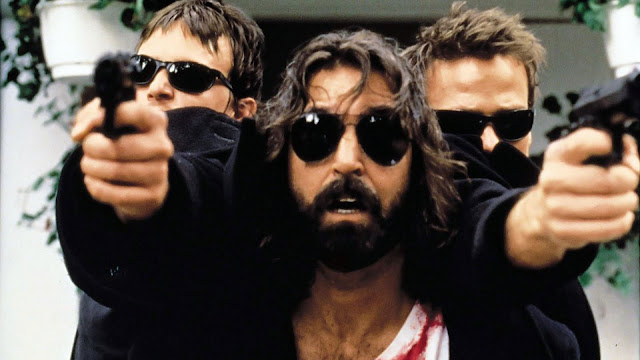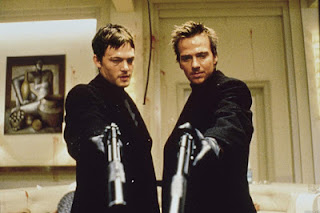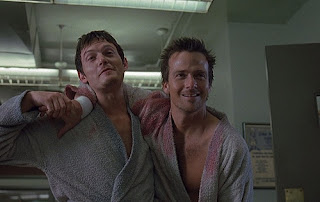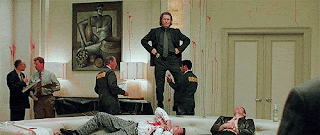Let's start out first with some pretty irritating news: casting spoilers show that Rachel McAdams is in talks for a major role in the upcoming Doctor Strange movie. Admittedly, that's not irritating in and of itself, since Rachel McAdams is pretty cool and the Doctor Strange movie is at the very least interesting. (Though I'm still salty that Oded Fehr didn't get the lead. Or at least Pedro Pascal.)
No, the frustrating bit comes from the revelation that, according to an actual Daredevil producer, Claire Temple is not Night Nurse, the badass nurse in the comics who keeps all the street level vigilantes of New York on their feet. Well, technically what he said was that the decision to make Claire Temple named Claire Temple and not Linda Carter, which is Night Nurse's name in the comics, was because Marvel had "big plans for Linda Carter."
And since she's pretty big in the Stephen Strange story and Rachel McAdams is in talks for a lead role in Doctor Strange, there's this long line of logic that basically says Rachel McAdams is probably playing Night Nurse, and it turns out that Claire Temple isn't her after all.
Which totally blows! I mean, first off, that's frustrating because Claire is an amazing character who basically is Night Nurse and would barely need any pushing to be that character on the big screen as well. But the bigger problem is because there was something great about having Night Nurse played by Rosario Dawson, a woman of color who has been very outspoken about diversity problems and sexism in the film industry.
It was cool to think of Claire as the one character who would cross through all these different shows and pull together the Netflix Marvel universe with the Cinematic Universe and all that jazz. And it was even cooler to think that Claire was going to do it while adding some much needed diversity to the film side of things.
Tragically, it looks like that ship is sunk. At least a little bit. Claire's still an integral part of the Netflix Marvel universe, appearing in Daredevil and the upcoming Jessica Jones, as well as probably Luke Cage and Defenders in a few years, but it's disappointing to know that she's not going to get the chance to go on the big screen and sass out Captain America. Because you know she would.
And that's why I picked Claire Temple for this week's Strong Female Character. Not only is she a fantastically drawn, realistic, compelling, and complex lady on a show full of women like that, she's also the kind of woman who can go toe to toe with Russian mobsters, psychotic vigilantes, and grieving partners without losing her softness and humanity. Even better, she's not a saint and she's not perfect. She's a human being full of flaws and failures, with petty gripes and frustrations. She's a better person than I can really imagine being, and she's a better character than I think we all deserve.
So let's talk about Claire Temple. Screw Night Nurse, we don't need her.* We've got Registered Nurse Claire Temple to help us torture goons, stitch up our knife cuts, and tell us when to get our priorities in check.
The first moment we meet Claire Temple (who, as mentioned before, is played by Rosario Dawson), is frankly awesome. It's a moment when Matt Murdock, our titular superhero, has clearly just been introduced to the limits of his abilities.
He's wounded, probably dying, and lying in a dumpster. It just so happens that this dumpster is the one beside Claire's building and when her neighbor finds a body where there should just be trash, he calls her right away. Matt wakes up on her couch with her stitching him back together and in that moment we know so much about Claire.
First off, we know that she's not that kind of person who calls the cops upon finding a body in her garbage. Second, we know that she's strong enough and persuasive enough to get her neighbor to help her drag a half-dead man up three flights of stairs. Third, we know she's not just a nurse but a damn good one. And fourth, we know that she's kind. She didn't call the cops or send him to a hospital, she took this strange man into her home and got him healthy again, at great personal risk. So right off the bat we know that Claire Temple is a keeper.
But the story gets more complex there too. Because before the episode is even half over, Claire has been roped into helping the Daredevil with his mission. The men who beat him up, members of the Russian mob, kidnapped a young boy to draw him out. He needs to find this boy. And when a Russian mobster posing as a police officer comes to the door of Claire's apartment, she not only gets a firsthand view of Daredevil's abilities, she also gets a choice. Does she want to go back in her apartment, close the door, and pretend none of this ever happened? Or does she want to help Daredevil drag a body to the roof and find a missing little boy?
It's not that I was shocked she would choose to help Daredevil, but I was genuinely impressed by how she handled it. She wasn't super bloodthirsty or anything, she was just eminently pragmatic. She found herself getting overly emotional a few times and reigned it in. She told Daredevil where to find certain nerves so that their victim would hurt a lot with the least amount of actual damage. She was a big asset, and it seems pretty likely that Daredevil never would have managed to find the kid without her. Let alone that he would be dead without her.
The really interesting bit, though, was at the end when she did what no one else on the show had done to that point, and arguably what no one else did in the course of the season. She called Daredevil, the vigilante superhero, on his bullshit.
How sad is it that this is such a rare thing? But she does and it's great. Not just in this first episode either, but all throughout her run, Claire takes the time to tell the Daredevil exactly what she thinks of his behavior. She tells him that she thinks he's lying when he says that he enjoys hurting people, but she also tells him later that she thinks he needs to deal with his issues in a more constructive way than just beating people up.
But it's not shown as some sort of "super sassy" trope or as a "wise black woman" thing. No, it's more that Claire just doesn't see the Daredevil through any filters and so she calls it like she sees it. She's not fearless, but she is brave. Brave enough to help a vigilante again and again even though she knows it puts her life in danger. Brave enough to keep helping him even after she's kidnapped and tortured for doing so. Brave enough to tell him when enough is enough and to walk away. Brave enough to come back.
Claire is so many things and I love all of them. I love that she is afraid of pain but she doesn't talk under torture anyway. I love that she finds it in herself to fall a little bit in love with the Daredevil, but I love even more that she doesn't start to fall for him until he lets her into his world. She starts to fall when he tells her his name and shows her where he lives and lets her see more of him than just the man in black who beats up mobsters on rooftops. She's not disposable, she's not a love interest shoehorned into the plot to make Matt Murdock seem like more of a man, she's a real person who likes him for real reasons. That matters.
Heck, she's the first person to fully see him for who he is, both man and superhero. She's the one who gets the first explanation of how Matt "sees", and her response is honestly perfect. She knows how to be compassionate without pity and she knows that Matt doesn't want a babysitter, he wants a partner.
So obviously I adore Claire for her interactions with Matt throughout the first season. She holds her own and quickly becomes indispensable. As I alluded above, at one point she's even kidnapped by the Russians because they've realized how vital she is to the "Man in Black". Naturally Matt rescues her, helps her, takes her back to his place and has his turn to patch someone up, and then, of course, they share a kiss.
But this was when my respect for Claire really ratcheted up. Instead of falling into the usual superhero/love interest trap, when push comes to shove and Claire is face to face with the truth of Matt's nature, he's not the one who calls it off. Matt Murdock doesn't get a chance to break up with Claire "for her own good." Heck no! Instead, she dumps him because she decides that she doesn't have the time and space in her life to deal with his crap alongside her own.
And that's what made me love her. Oh Claire remains one of the major characters of the show, though she does disappear for a little bit. She still comes and patches up Matt. She still is there when he absolutely needs her. But when it comes to their relationship, Claire is the one who ultimately is calling the shots. She knows her limits and she knows enough to call Matt on his problems. So Claire isn't going to be some damsel fridged so the hero can learn to work past his grief. She's going to move the hell on with her life because she deserves better.
Hell yes.
It's not that I think Claire and Matt make a bad couple. I think they're positively adorable together and if I had any idea that their union could be a peaceful one, I would be throwing confetti and mashing their pictures together to see what the babies look like. But Claire doesn't want what Matt has to offer, and Matt isn't ready to consider changing. So they don't work and Claire makes the call not to pursue whatever it is they have. I respect that. I respect the hell out of it.
Claire has agency as a character to make what is honestly the most responsible and good choice she could possibly come up with. I love that the story lets her do that. And I love that she's never punished for it.
All of this isn't even getting into the part of Claire's character where she's an incredibly competent nurse who seems to have chosen to work in a lower income part of town because she knows she can help people there and she considers it home. She's shown to be an excellent healthcare professional and she's bilingual and she's the kind of person who actually knows her neighbors... I'm just saying, I've talked about her a lot in this article, but there's so much I didn't have space to cover.
This is a huge part of why I'm so annoyed that Marvel isn't making her a bigger character. Claire Temple is amazing. She's strong and smart and brave even when she's scared out of her mind. But she's also soft and kind and warm and compassionate. And then she's commanding and vengeful and nigh on frightening sometimes. In other words, she has all of the complexity and drama that we want in a character. Top it off with the fact that she's a woman of color who sometimes speaks Spanish because it's a language she knows fluently and the dominant language of many of her contacts? I honestly can't see why Marvel didn't want her to be in everything ever.
Or, I guess I should say, I can see why they didn't want her, but I hate it. Unfortunately, it's probably a combination of all of these traits I just listed that perfectly explain why, in the end, Night Nurse is going to be a white woman playing a romantic lead to a white man in a big budget Hollywood movie, while Claire Temple is relegated to a supporting player in the direct to Netflix shows. I can see exactly why this happened, and it makes me so mad.
So if Marvel can't handle having a character who's a woman, not white, not willing to put up with the white lead's lies, and who straight up walks herself out of being a love interest, that's their loss.
*Actually, we do. And, to be honest, I am okay with getting more female characters added to the Marvel Universe, it's just disappointing when they so clearly have an opportunity to add diversity on the big screen and then they don't. Like making Doctor Strange white and making sure to cast a white actress as his love interest. Heaven forfend if an interracial couple were to appear!






